Did you know that the official name for a hashtag is an octothorpe? If not, this means that there’s still so much potential to learn something new and give that brain of yours the workout it deserves. After all, the effects of acquiring new information are all positive.
We at Bored Panda passionately promote staying curious and discovering novel things, no matter your age. Therefore, we present you with a fresh list of fun, diverse, and intriguing tidbits of knowledge courtesy of the Facebook page “Interesting Facts.” Scroll down to find them, and don’t forget to stay curious, people!
While you're at it, don't forget to check out a conversation with neuroscientist and author from Denmark Emma Louise Louth, who kindly agreed to answer a few questions about curiosity.
#1

Image credits: Interesting facts
#2

Image credits: Interesting facts
#3

Image credits: Interesting facts
Curiosity is the result of many breakthrough discoveries and inventions throughout human history, like the stone wheel or self-driving vehicles. It’s a basic human impulse and has many benefits for our well-being, including bettering brain health, improving intelligence, problem-solving, and fighting boredom.
#4

Image credits: Interesting facts
#5
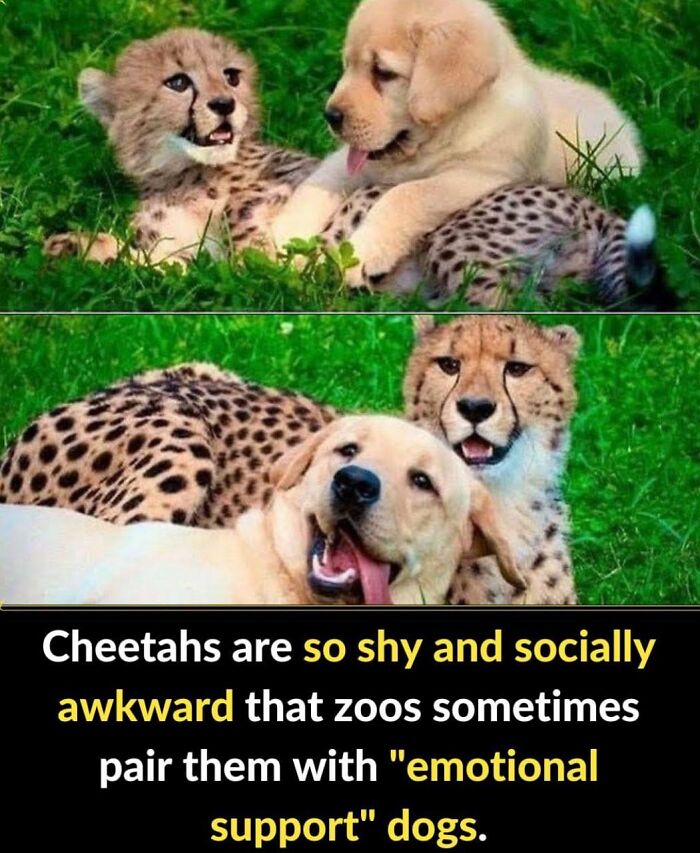
Image credits: Interesting facts
#6

Image credits: Interesting facts
However, with age, it seems that we ask fewer questions and start to be more content with the way things are. Whereas, children, on average, produce around 100 inquiries a day. “However, by the time they are ten to 11 years of age, they’ve pretty much stopped asking,” noted Robert Stokoe, director of the Jumeirah English-Speaking Schools in Dubai, United Arab Emirates.
#7
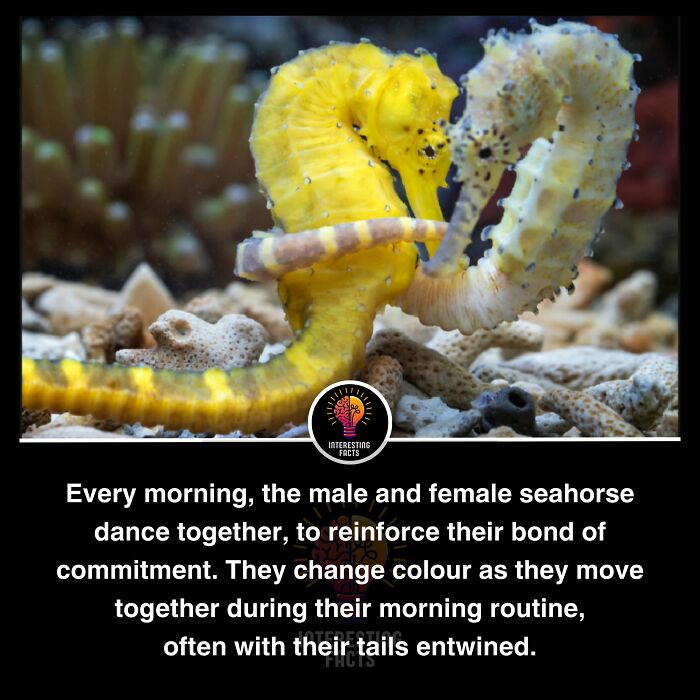
Image credits: Interesting facts
#8

Image credits: Interesting facts
#9

Image credits: Interesting facts
“Of even greater concern is that by the age of 25, only two percent can think outside the box. Curiosity seldom survives childhood. Adult creativity is still powerful, but there is just not enough of it. It can be said that the creative adult is the curious child who survived,” he said.
#10

Image credits: Interesting facts
#11

Image credits: Interesting facts
#12

Image credits: Interesting facts
The curiosity of a child is often encouraged and led by their caregiver. If they feel safe in their environment, they are more likely to explore new surroundings. In fact, parents are the ones responsible for instilling growth or a fixed mindset in their children. Something that encourages the former is using phrases such as “Let’s find out,” “I wonder,” and “What if?”
#13

Image credits: Interesting facts
#14

Image credits: Interesting facts
#15
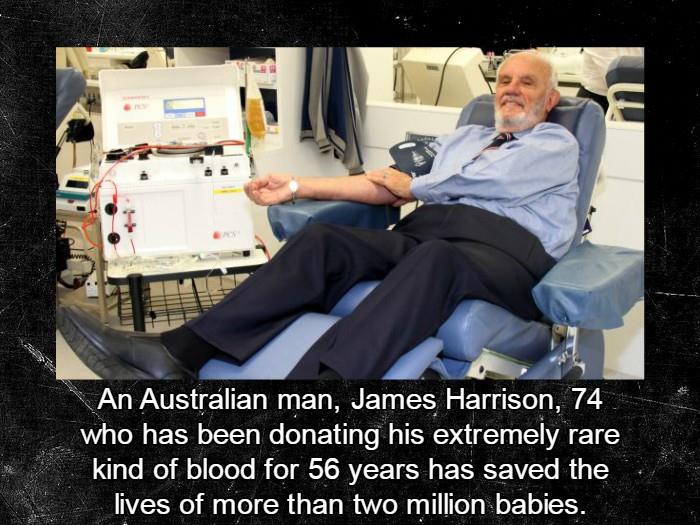
Image credits: Interesting facts
But between ages 8 and 10, the passion for discovering and learning declines. Some attribute this to finding interest in video games, sports, and other after-school activities. Others say the education system is at fault, overwhelming them with various assessments, which leads to burnout.
#16

Image credits: Interesting facts
#17

Image credits: Interesting facts
#18

Image credits: Interesting facts
And this is just a sneak peek into what awaits them in the future. One study found that the first signs of cognitive decline began around the ripe age of 24, as we start to rely more on our experiences than our intelligence.
However, the good news was that curiosity levels remain intact and might actually increase, especially concerning topics we might have no interest in as children. With time, history museums have become a beloved attraction among adults even though they wouldn't be caught walking into it as a kid.
#19
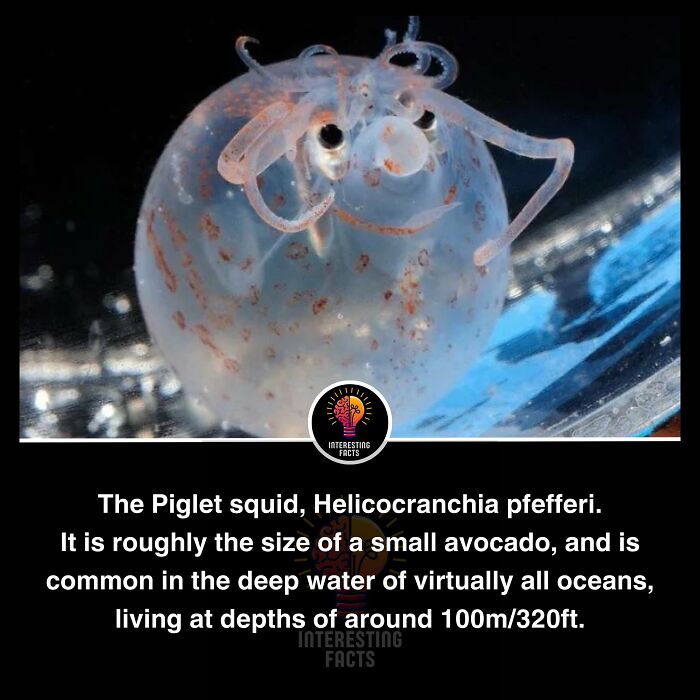
Image credits: Interesting facts
#20

Image credits: Interesting facts
#21
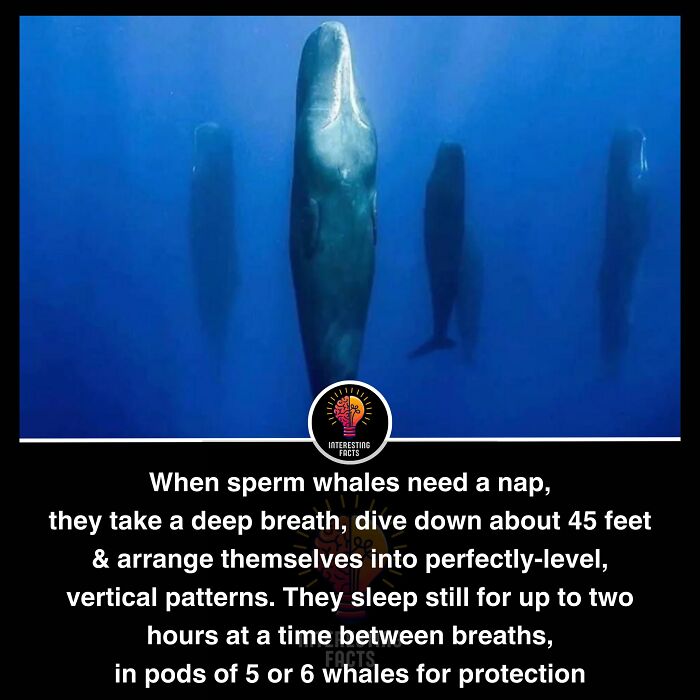
Image credits: Interesting facts
This interesting dichotomy might be the fault of the unstable environment many adults live in. Becky Thomas, an author and executive coach working with generational issues in the workplace, explained, “The safety and security an individual feels about their surroundings is clearly a factor regarding curiosity more than a person’s age. But consider that Millennials grew up in a time with very low trust, due to the financial crisis, the events of 9/11, parents losing their jobs, etc.
So, because they have low trust, they’re apt to question things at a higher rate than a Gen Xer or baby boomer would at their age. Earlier generations grew up in a very ‘safe’ era and typically trusted leadership, so there wasn’t the questioning and curiosity in the same way there is now."
#22

Image credits: Interesting facts
#23
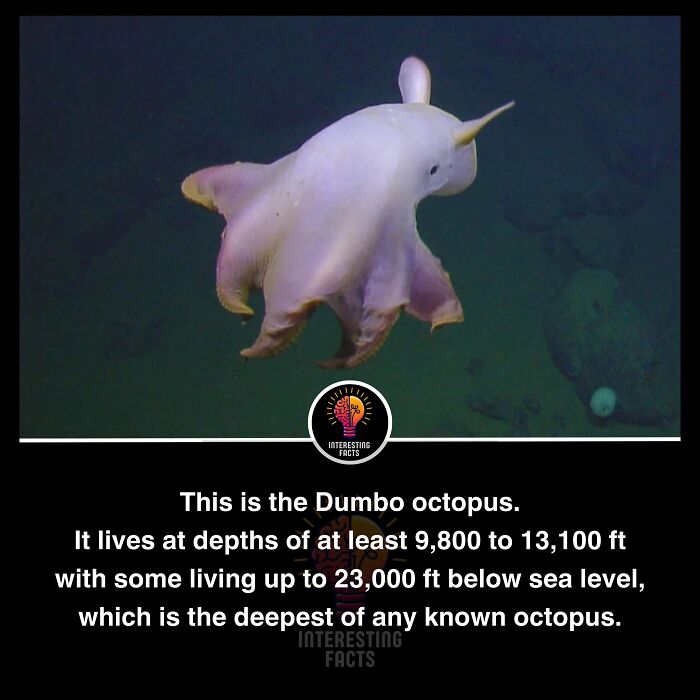
Image credits: Interesting facts
#24

Image credits: Interesting facts
Overall, it seems that curiosity isn't dependent on our age but rather on our environment and how demanding and unstable it is. If you feel like you could use more encouragement to awaken your desire to discover something new, neuroscientist and author Emma Louise Louth recommends allocating some time every week to focus on learning.
#25

Image credits: Interesting facts
#26

Image credits: Interesting facts
#27

Image credits: Interesting facts
"It can be scheduling time in your free time to work on something you are passionate about. Or, for example, at work, perhaps you find you never have time to sit back and learn something new because your to-do list is packed with important tasks. If you can, scheduling a couple of hours dedicated to reading the latest research in your field or other learning activities can help you prioritize that," she said.
#28

Image credits: Interesting facts
#29

Image credits: Interesting facts
#30

Image credits: Interesting facts
Emma told us that she can't imagine a world where humans' curiosity and learning about our world stop. So let's challenge our brains even more and dive into our proud collection of interesting facts in this article or right here!
#31
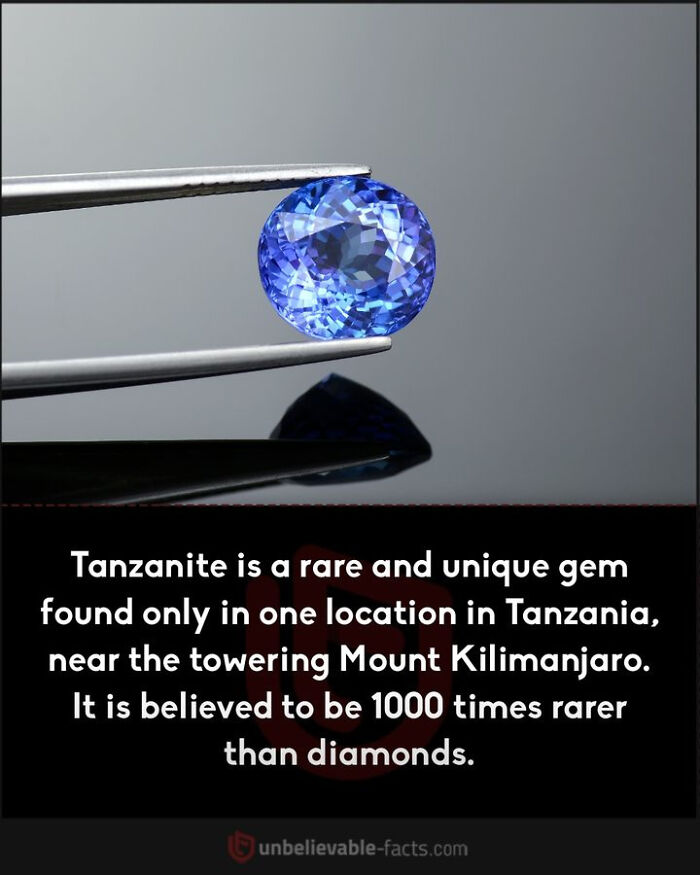
Image credits: Interesting facts
#32

Image credits: Interesting facts
#33

Image credits: Interesting facts
#34
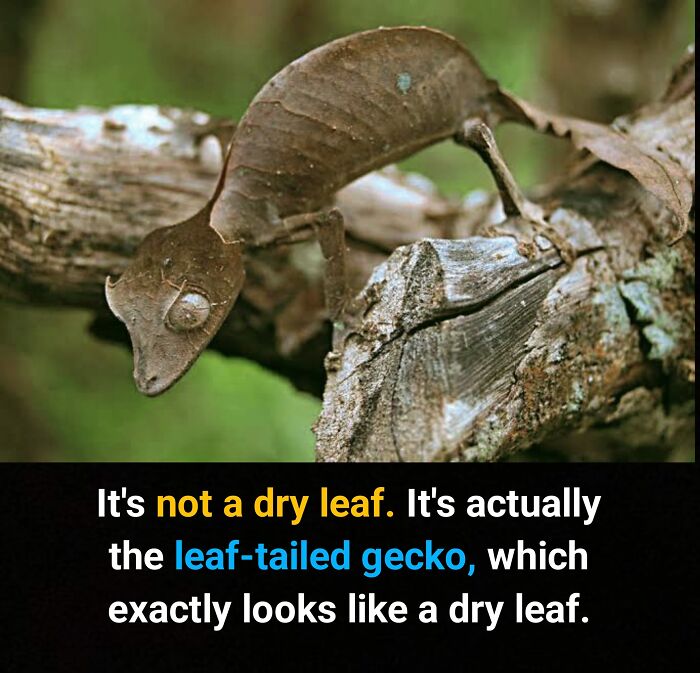
Image credits: Interesting facts
#35

Image credits: Interesting facts
#36
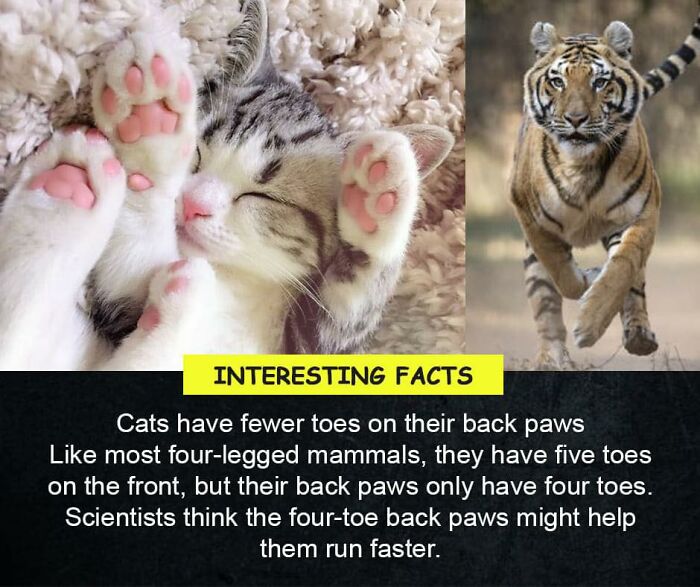
Image credits: Interesting facts
#37

Image credits: Interesting facts
#38

Image credits: Interesting facts
#39

Image credits: Interesting facts
#40

Image credits: Interesting facts
#41

Image credits: Interesting facts
#42

Image credits: Interesting facts
#43
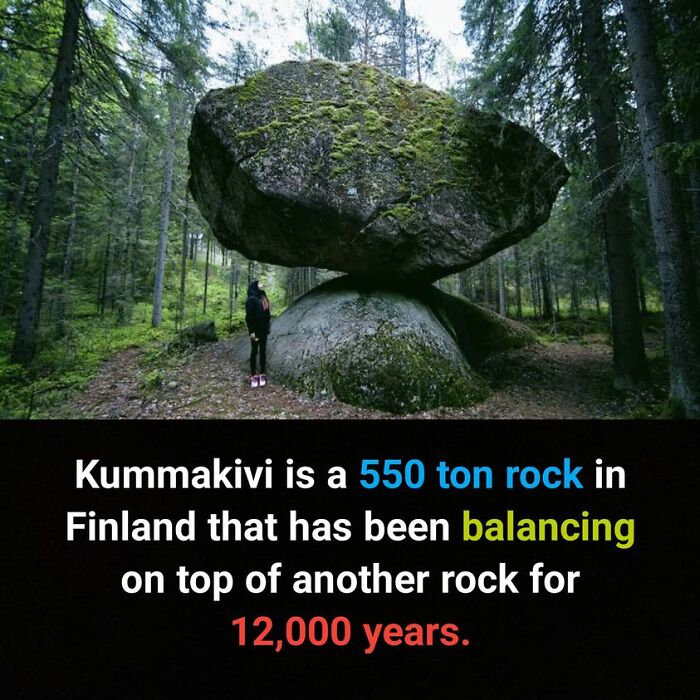
Image credits: Interesting facts
#44

Image credits: Interesting facts
#45

Image credits: Interesting facts
#46

Image credits: Interesting facts
#47

Image credits: Interesting facts
#48

Image credits: Interesting facts
#49
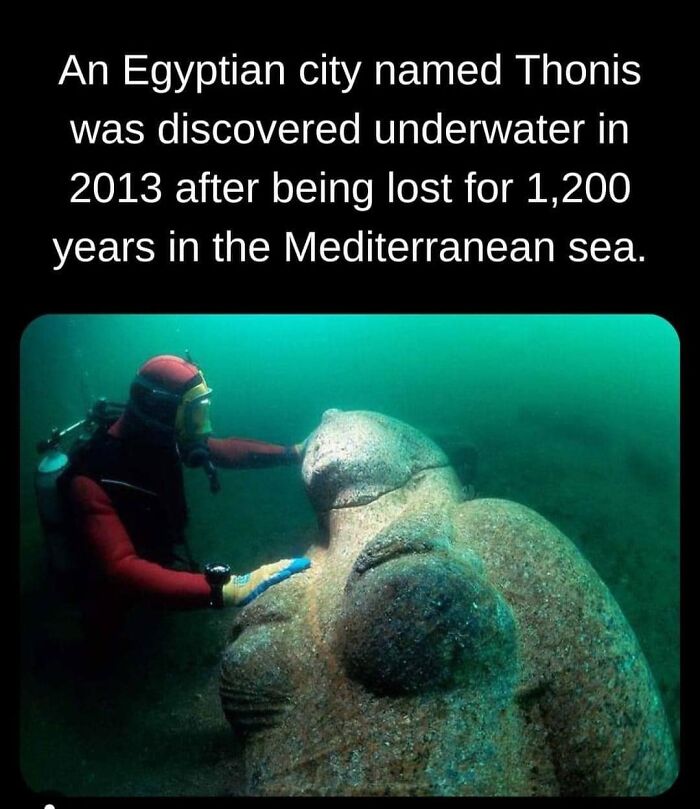
Image credits: Interesting facts
#50

Image credits: Interesting facts







